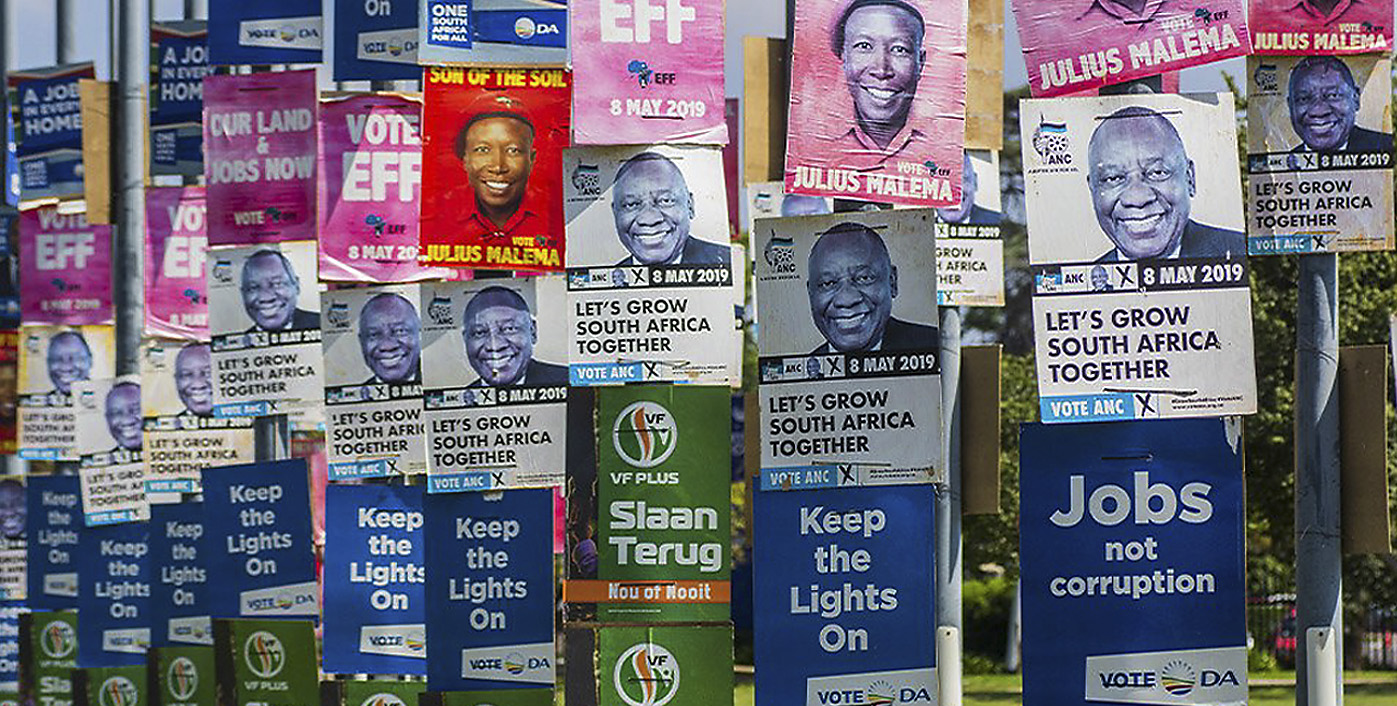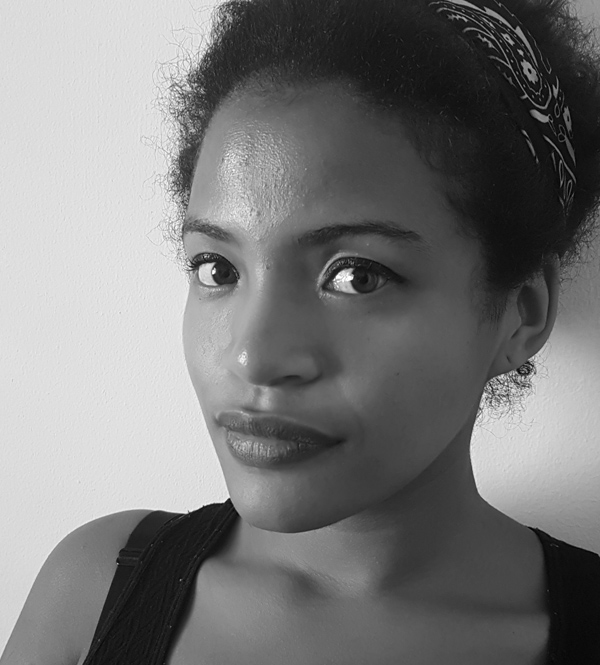Ordinary voters don’t care if parties receive donations for pamphlets, they care whether a party is embroiled in corrupt activities, heard the Western Cape High Court on Tuesday, 18 February 2024, during the second day of a court application that challenges the constitutionality of the Political Funding Act (PFA).
Representing ActionSA, which is opposing the case, Jillian Benson SC told the courts: “How a political party spends its money, whether it’s on leaflets … or on SMSs, is not of concern to voters… It’s not something that they seem to be bothered with.”
“Obviously, again, corrupt activities are what they are concerned about. And there’s no amount of messing with the threshold up, down, left or right, or none, that’s ever going to stamp out corruption.”
The case was brought by My Vote Counts, a nonprofit organisation that advocates for funding transparency when it comes to money and politics. The Political Party Funding Act, amended by the Electoral Matters Amendment Act, navigates the mandated reporting of funding to political parties by individuals and entities.
My Vote Counts seeks an order from the court that obliges political parties and independents to disclose all private donations, regardless of the amount. At present, donations under R100,000 don’t have to be disclosed. My Vote Counts argues that the upper limit, which says parties cannot accept donations of above R15-million a year from a single donor, should be lowered. It’s also challenging the president’s discretion to set disclosure thresholds and upper limits.
As Daily Maverick reported on Monday, My Vote Counts’ legal representative Vlad Movshovich said that to make informed decisions, voters needed to know who funded the political party of their choice.
Read more: Political parties must disclose all donations, down to the last cent, court hears
On Tuesday, the court heard arguments from the Presidency and the ministers for home affairs and justice, as well as political parties that oppose the application, namely the Democratic Alliance and ActionSA.
Ngwako Maenetje SC for the Presidency and ministers argued that President Cyril Ramaphosa could not set the upper limit and disclosure thresholds without a resolution of Parliament and therefore it was premature to say the President had failed to act in this case.
Effect on donors
The DA and ActionSA addressed the impact of lowering the R100,000 disclosure threshold.
DA legal representative Michael Bishop told the court that by the last recorded financial year, 20% of the party’s income came from donors, which helped sustain some of its operations.
“And new parties are even more dependent on it because they don’t have access to public funding,” he said.
The DA is the country’s second largest represented party in Parliament.
Donors, Bishop said, should be “encouraged, not treated with suspicion”.
What needed to be done, he argued, was a balancing act: if thresholds were lowered, it could potentially limit available funds for a party, which would then in turn reduce its ability to communicate to potential voters what it offers.
On the other hand, if parties could use only public funds, how would unrepresented parties receive funding, and, importantly, “How do you get new parties into the system?” he said.
Bishop told the court that threshold limits were common worldwide as a party funding mechanism.
“So this is very accepted all across the world that there are certain small donations that don’t need to be disclosed,” he said, pointing out systems in use in areas such as the European Union.
There was also the aspect of donors’ privacy, Bishop argued.
“If I make a donation of R100, to whichever political party I support, I shouldn’t expect that my employer, my family, my neighbours, my friends are all going to know that I made that donation…
“That it will be whenever I apply for a job, my employer can go on to the Electoral Commission website and check, did this person ever donate to any political party? That information will be public forever as soon as I make any donation of any size,” he said.
“I think it’s objectively reasonable that we don’t expect that that information will be available publicly,” he said.
Benson said smaller parties, such as ActionSA, were dependent on private donors.
“Without them, they simply would not be here today.”
“If you now were to discourage those donors … you’re going to discourage their donations and that doesn’t bode well for democracy at all,” said Benson.
Judgment was reserved. DM





